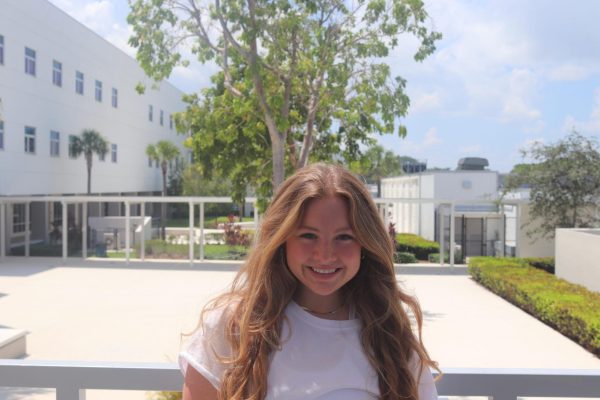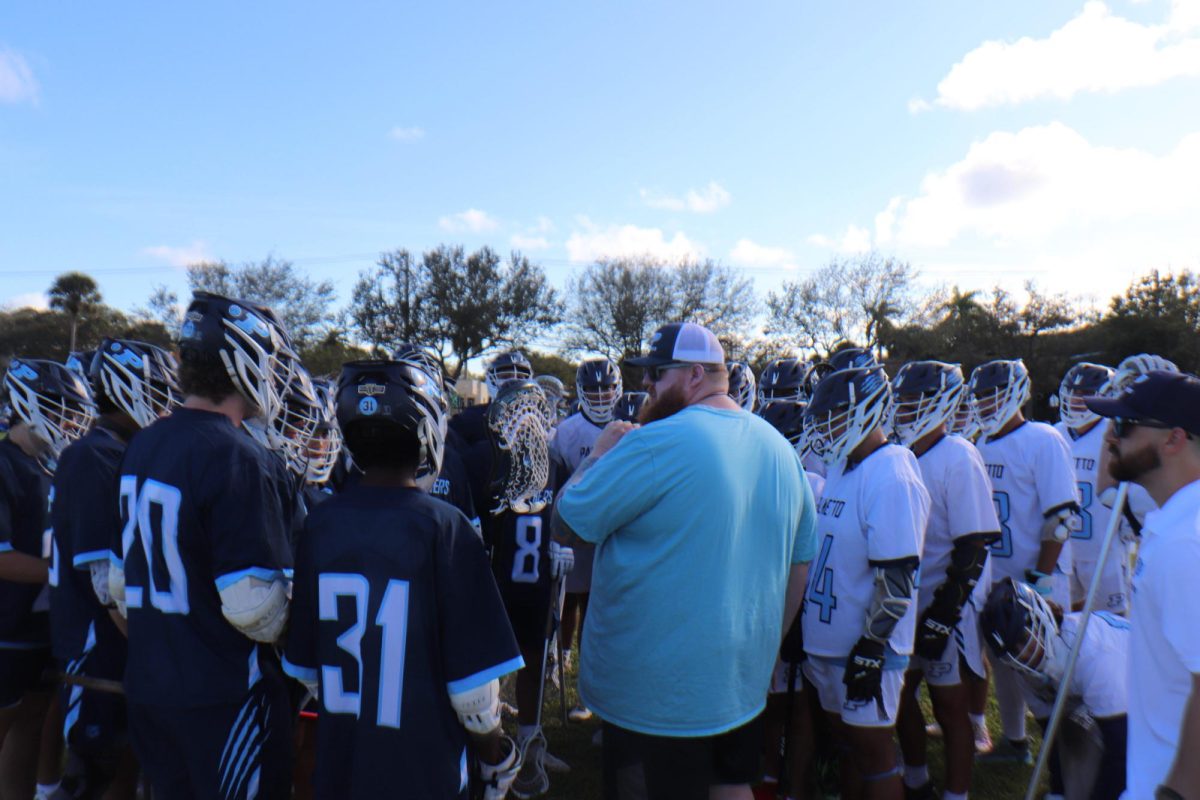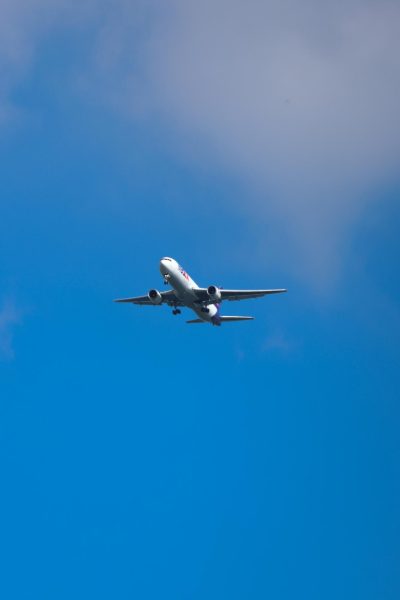South African COVID-19 Strain Arrives in U.S.
January 29, 2021
On Thursday Jan. 28, South Carolina health officials confirmed two positive COVID-19 cases from a new variant initially found in South Africa. This is the newest mutation to enter the U.S. and presents an infectious rate 50% higher than any previous strains.
Both adults who contracted the new strain have no connection with one another nor any history of travel, suggesting the strain may continue to spread throughout the state. The names of the adults remain confidential however, with officials reporting one individual lives in the Pee Dee region and the other resides in Lowcountry.
Although the new variant is not confirmed to be any more fatal than the original strain, the high infectious rate could lead to a higher hospitalization rate and fill the few beds left in local hospitals.
With case numbers just beginning to decrease as a result of accessibility to the new vaccines, scientists say the new strain may escape any new defenses offered by antibodies, but still believe that the vaccine should remain effective.
Apart from the most recent B.1.351 variant, others including the P.1 strain have recently entered the U.S.. Earlier in January, scientists announced a new strain from the Amazon city of Manaus, Brazil. Scientists have grown alarmed with this variant because of the two possible mutations that make it more threatening.
Another threatening strain includes the B.1.1.7, originally found in England, which now sweeps through Florida, starting in the panhandle and spreading throughout South Florida. This strain has a 30% to 70% more transmissible rate and 30% higher mortality rate. Still, the absolute risk of death remains relatively low.
All three most recent variants once deemed as “variants of concern” when discovered in all parts of the world, have made landfall in the U.S., making citizens and scientists who received and created recent COVID-19 vaccines worried that the immunity may be less effective.
Many question if the most common vaccines – including the two already authorized in the United States: Pfizer-BioTech and Moderna – can keep up with the updating strains and mutations that arise daily. Although the answer remains unclear, a Pfizer laboratory found that the new strands from both South Africa and England pose only a few challenges against the vaccine.
Although the extent to which the new B.1.351 variant has spread through South Carolina remains unclear, the variant has spread to 31 other countries such as Belgium and the United Kingdom.










